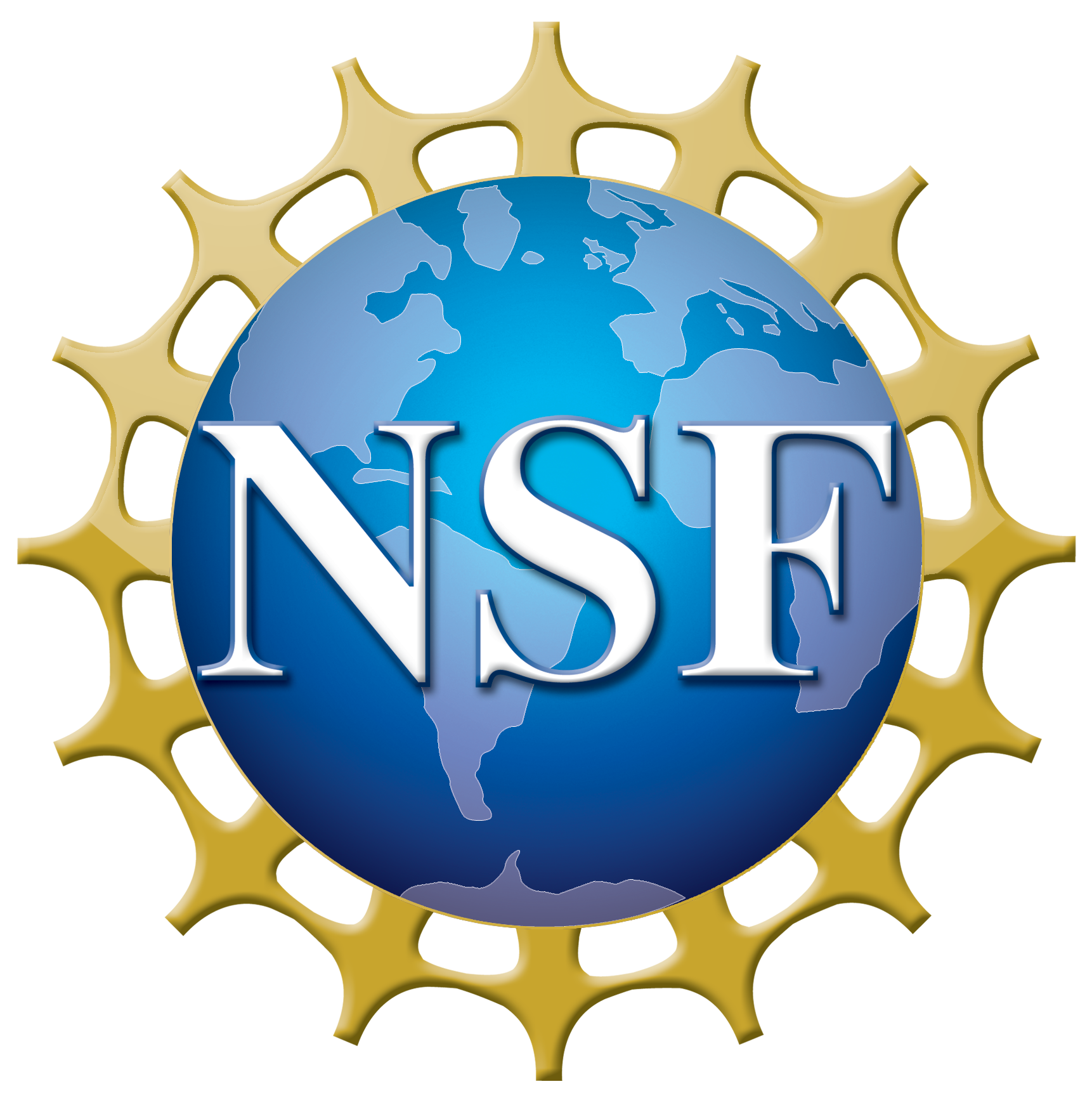
National Science Foundation (NSF), Directorate for Mathematical & Physical Science (MPS), Division of Chemistry (CMMI)
PI: Lisa McElwee-White (Chem), Co-PI: Adam Veige (Chem), Co-PI: Khalil Abboud (Chem), Co-PI: George Christou (Chem), Co-PI: Ronald Castellano (Chem)
This award is supported by the Major Research Instrumentation and the Chemistry Research Instrumentation programs. Professor Lisa McElwee-White from University of Florida and colleagues George Christou, Khalil Abboud, Ronald Castellano and Adam Veige have acquired a dual source single crystal X-ray diffractometer. In general, an X-ray diffractometer allows accurate and precise measurements of the full three-dimensional structure of a molecule, including bond distances and angles, and provides accurate information about the spatial arrangement of a molecule relative to neighboring molecules. The studies described here impact many areas, including organic and inorganic chemistry, materials chemistry and biochemistry. This instrument is an integral part of teaching as well as research and research training of graduate and undergraduate students in chemistry and biochemistry at this institution. Students enroll in a graduate crystallography course and the many informal classes that introduce modern automated systems and advanced software packages for structure solution and refinement. Moreover, undergraduate students who register to do research in the X-ray lab learn current best practices for crystal structure determination.
The proposal is aimed at enhancing research and education at all levels. It especially impacts the design and syntheses of precursors for deposition of inorganic materials and the determination of mesoscale order in organic films via hydrogen bond directed topology. The instrument is also used in the identification of transition metal clusters that behave as single-molecule magnets and aids in characterizing products of click synthesis of metallopolymers and highly emissive materials. The diffractometer is also useful in the search for anticancer agents from marine cyanobacteria. This instrument also serves investigators developing strategies for the functionalization of amines and preparing chiral biaryl heterocycles as ligands for enantioselective catalysis. The instrumentation is also used in the study of chemical probes to determine the structure and mechanism of nonribosomal peptide biosynthesis.